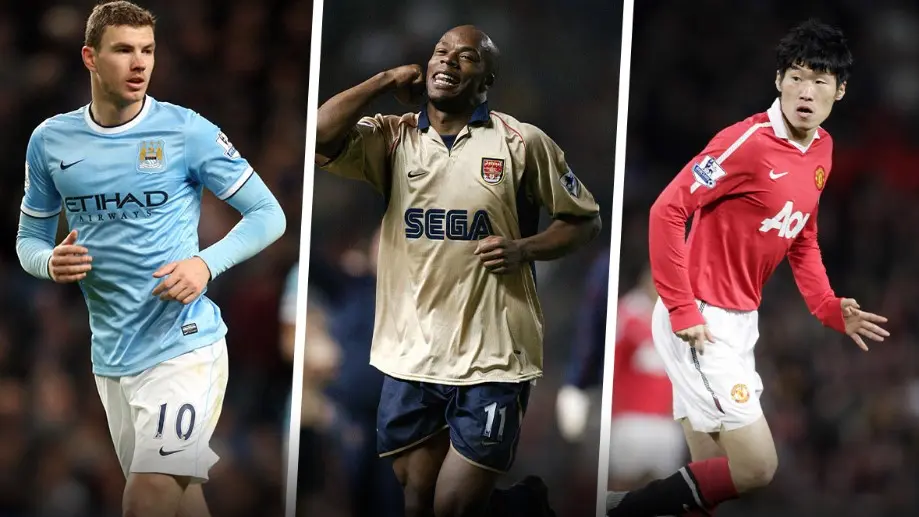The history of football is filled with legends whose names echo across generations. From Pelé to Messi, the sport’s superstars are celebrated and immortalized. Yet, beneath this glittering surface lies a layer of history often overlooked—the stories of football’s forgotten pioneers. These individuals laid the foundations for the modern game, shaping its structure, ethos, and global appeal. For anyone passionate about football, platforms like Xoilac TV provide an incredible gateway to experience the sport’s magic today. But let us delve into the stories of those who made this possible, the unsung heroes who transformed football from a pastime into a worldwide phenomenon.
The Early Innovators
Football’s journey began long before packed stadiums and multi-million-dollar contracts. In the late 19th century, figures like Ebenezer Cobb Morley and Charles Wreford-Brown played crucial roles in formalizing the rules and structure of the sport. Morley, often called the “father of modern football,” drafted the first official rules for the game in 1863. These rules, known as the “Laws of the Game,” formed the basis for how football is played today.
Charles Wreford-Brown, on the other hand, popularized the term “soccer,” derived from “assocation football.” While his contributions are largely forgotten, his role in shaping the terminology helped bridge cultural gaps, especially between the United Kingdom and the United States.
Breaking Barriers
The pioneers of football were not limited to administrators and rule-makers. Players like Lily Parr, one of the first women to gain recognition in football, challenged societal norms. Parr played during an era when women’s football was dismissed and even banned by governing bodies like the FA in 1921. Despite these obstacles, Parr’s talent and determination shone brightly. She scored over 1,000 goals in her career and inspired countless women to take up the sport.
Similarly, Arthur Wharton is a name that deserves greater recognition. Born in 1865, Wharton was the first Black professional footballer. Representing teams like Preston North End, he broke racial barriers during a time of widespread discrimination. Wharton’s legacy paved the way for greater diversity in football, demonstrating that talent transcends race.
Grassroots Champions
While global stars dominate headlines, football’s soul lies in its grassroots. Coaches, organizers, and community leaders have played an essential role in nurturing talent and spreading the love for the game. Jimmy Hogan, a largely unheralded figure, was instrumental in introducing modern tactics to continental Europe. His innovative approach influenced Hungary’s “Golden Team” of the 1950s, a squad that revolutionized football tactics and style.
Closer to home, the efforts of local clubs and schools cannot be overstated. These institutions have acted as incubators for young talent, often operating on shoestring budgets. The grassroots pioneers are the silent architects of football’s enduring popularity, ensuring that the sport remains accessible and inclusive.
Global Ambassadors
Football’s rise as a global sport owes much to unsung ambassadors who introduced it to new regions. Thomas Donohoe, a Scottish expatriate, brought football to Brazil in the late 19th century. His efforts laid the groundwork for a nation that would later become synonymous with football excellence.
In Africa, Albert Jonas’ contributions stand out. An advocate for football in Ghana during colonial times, Jonas was instrumental in organizing local leagues and promoting the sport across the region. His work created a blueprint for future generations, culminating in Africa’s strong presence on the global football stage today.
The Architects of Modern Football
The evolution of football into a global phenomenon was not just about players and games. Figures like Sir Stanley Rous and João Havelange played pivotal roles in shaping the sport’s administrative and commercial frameworks. Rous, a former referee and FIFA president, worked tirelessly to unify football’s rules and competitions. Havelange, despite his controversies, expanded FIFA’s reach, bringing the World Cup to new continents and audiences.
The contributions of broadcasters also cannot be ignored. Innovations in sports broadcasting brought football into living rooms around the world. Visionaries in this field turned football into a spectacle, enhancing its appeal and connecting fans in unprecedented ways.
Forgotten Innovators in Tactics
Football tactics have undergone seismic shifts over the decades, often driven by unheralded innovators. Vittorio Pozzo, the coach of Italy’s World Cup-winning teams in 1934 and 1938, introduced the “metodo” system, a precursor to modern formations. His work, though overshadowed by later tactical revolutions, was foundational in demonstrating the importance of strategy in football.
Another tactical pioneer, Herbert Chapman, transformed Arsenal in the 1920s and 1930s. Chapman popularized the W-M formation and emphasized physical fitness and preparation. His contributions reshaped English football and inspired future generations of coaches.
Recognizing Their Legacy
As football continues to grow, it is essential to honor the forgotten pioneers who made today’s game possible. Their innovations, struggles, and triumphs laid the groundwork for the sport’s success. From grassroots champions to global ambassadors, their stories remind us that football is more than just a game—it is a cultural phenomenon shaped by countless unsung heroes.
For modern fans, platforms like xem bong da truc tiep xoi lac offer a chance to experience the game’s passion and legacy. Let us remember and celebrate the pioneers who made this journey possible, ensuring their contributions are never forgotten.
